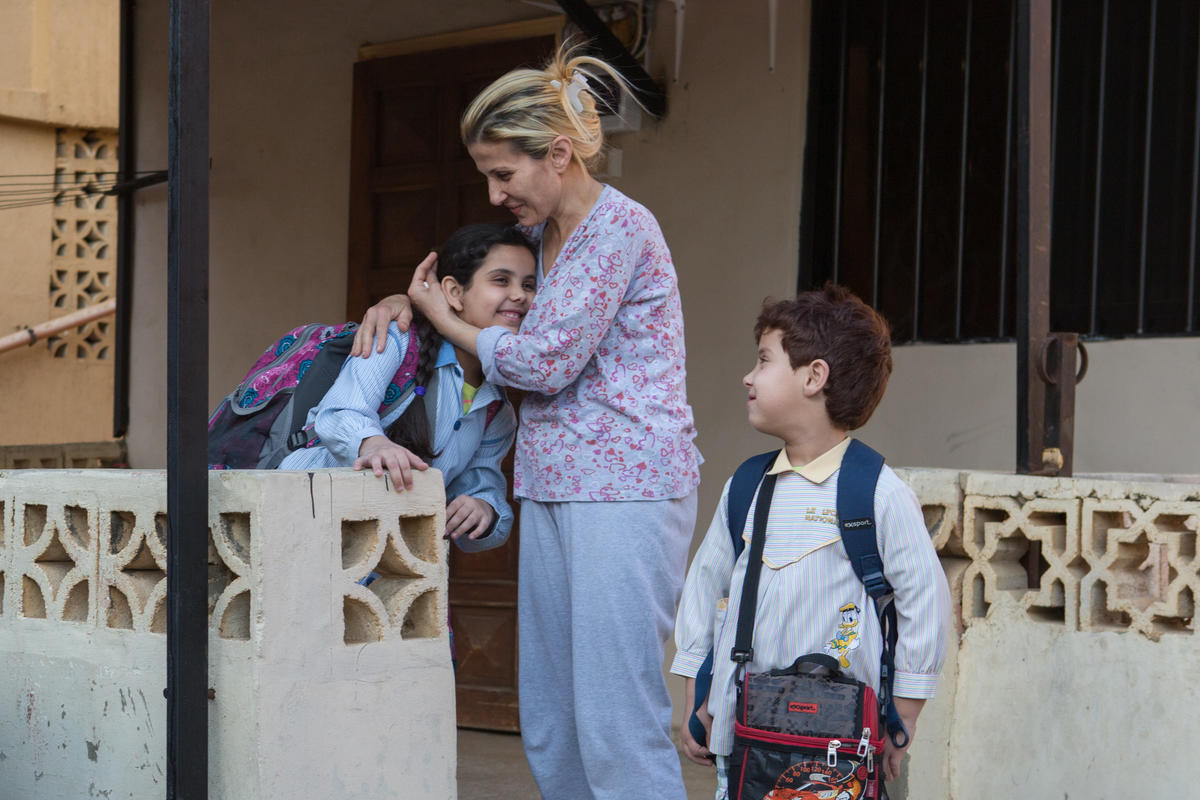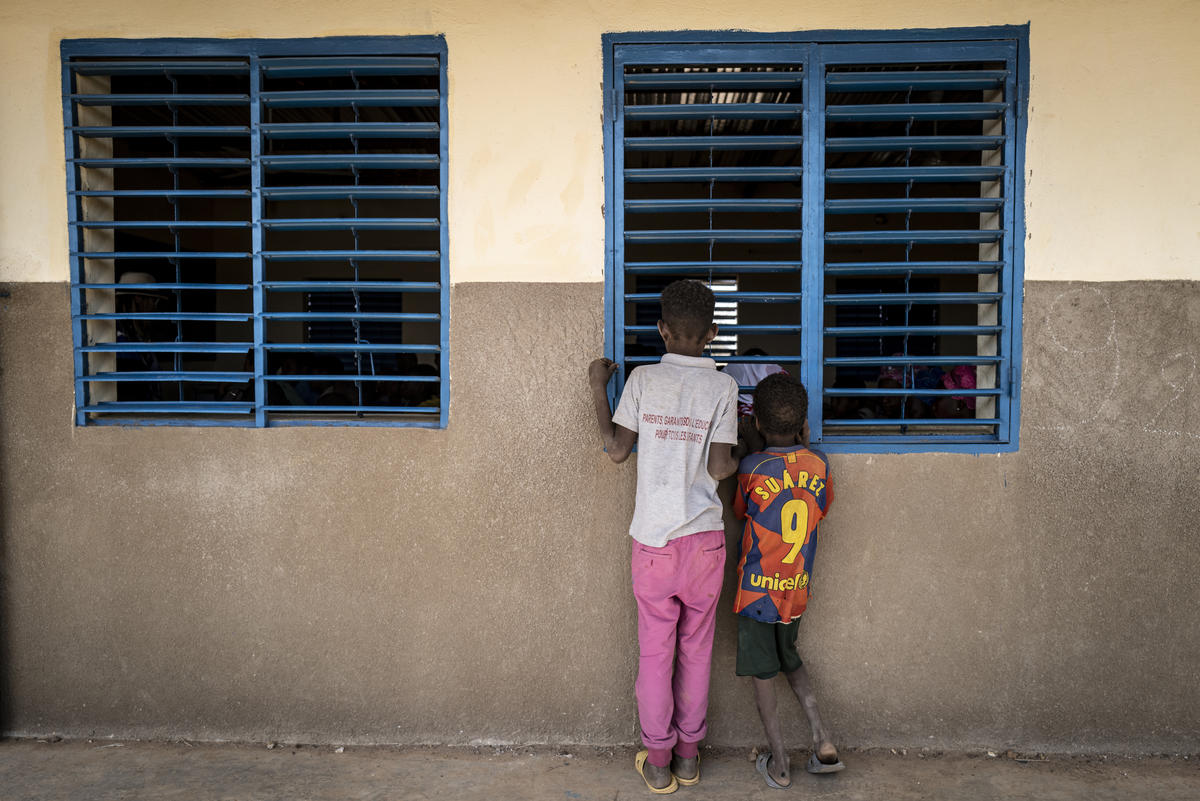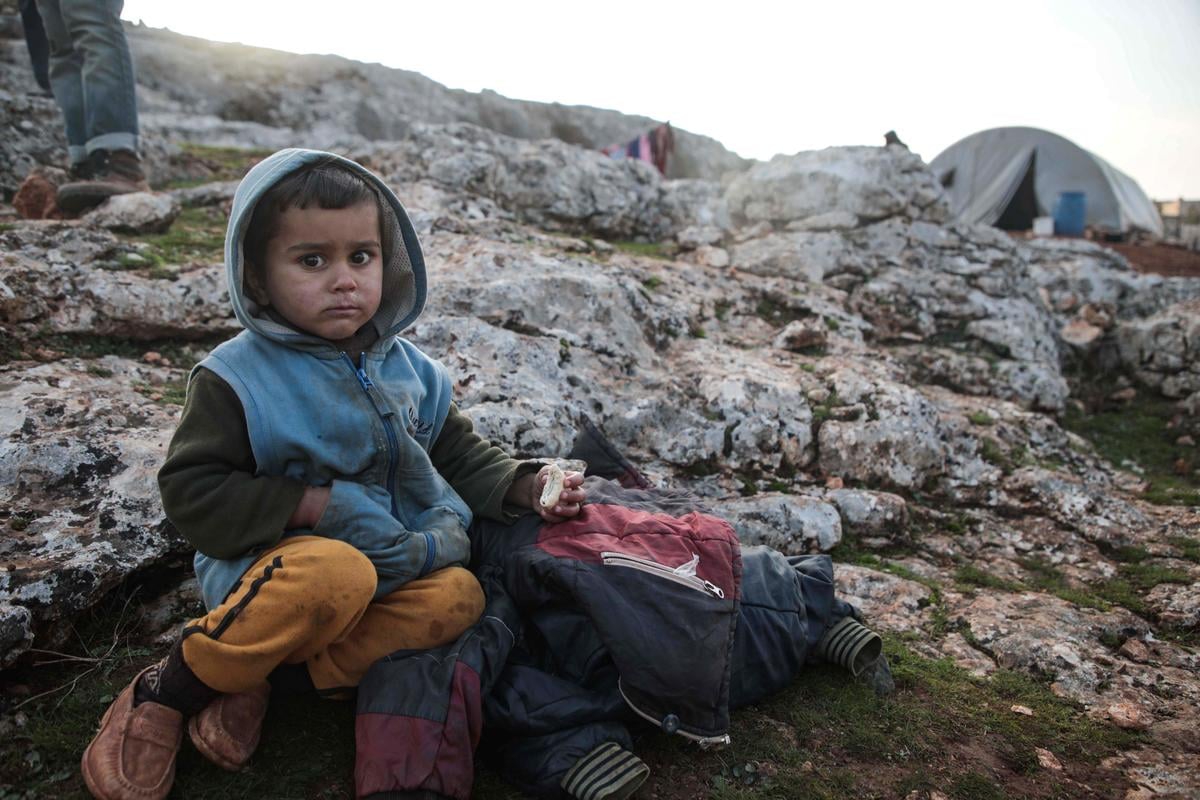UNHCR deeply concerned by deteriorating situation in Mali
UNHCR deeply concerned by deteriorating situation in Mali

GENEVA, April 3 (UNHCR) - The UN refugee agency said Tuesday it is "deeply concerned" by the deteriorating political and security situation in Mali, where thousands of people continue to flee their homes.
"The north of the country is becoming more and more dangerous due to the proliferation of armed groups in the region," UNHCR's chief spokesperson Melissa Fleming said. "Refugees pouring into neighbouring countries are reporting the presence of armed militiamen and home guards units set up by local communities to defend themselves," she added.
Fleming told journalists in Geneva that more than 2,000 people had fled to Burkina Faso and Mauritania over the past five days because of the insecurity and the political instability stemming from the military coup of 22 March in Mali.
Malian refugees have been crossing into Burkina Faso and Mauritania at an average rate of 400 people per day in the past week. The majority of the refugees are Tuaregs, but there are also ethnic Peuls, Arabs and Bambara.
Malians fleeing to Mauritania are mainly from the Timbuktu region, while those heading to Burkina Faso come from Gao and Timbuktu. Most tell UNHCR staff that they fled because they were worried about armed robbers and feared there would be more heavy fighting in the north, while some said they left their homes due to lack of food.
Others told UNHCR teams that they decided to leave Mali when hopes for a negotiated peace between the government and Tuareg rebels in the north faded after the coup. The displacement crisis in Mali began in January after fighting erupted between government troops and the rebels. To date, the violence has uprooted more than 200,000 people, including around 100,000 who have fled the country.
The refugees also tell of armed men taking cars, money and other personal belongings from people fleeing towards Burkina Faso. They say that large numbers of Malians are on the way to Burkina Faso and Mauritania.
Meanwhile, the number of Malians crossing into Niger appears to have dropped recently. UNHCR has only heard of one group of 300 people crossing last week into Niger and seeking shelter in the village of Ayrou. UNHCR staff are monitoring the border with local authorities.
"We are stepping up our assistance to Malian refugees across the Sahel region who face acute water and food shortages," Fleming said. "We'd like to reiterate that UNHCR is committed to helping neighbouring countries and host communities which have been providing safety and shelter to the refugees despite these shortages and the difficult conditions."
The influx of large numbers of mostly nomadic refugees and their cattle is straining the limited resources in many arrival areas. We are working with specialized agencies to rehabilitate wells and boreholes across the region to benefit the refugees and host communities.
Of the 200,000 people displaced by the fighting, more than 23,000 have found shelter in Burkina Faso, 46,000 are in Mauritania and a further 25,000 are being hosted in Niger, together with nearly 2,000 Niger nationals who had been living in Mali for decades. More than 93,000 people believed to be internally displaced in Mali.
The situation has worsened since the Tuareg fighters captured several big towns in the north last week, preventing UNHCR and other aid agencies from reaching those in need of assistance. UNHCR is calling on all parties to refrain from any action that could put fleeing populations in danger or hamper their movement to safer areas.








